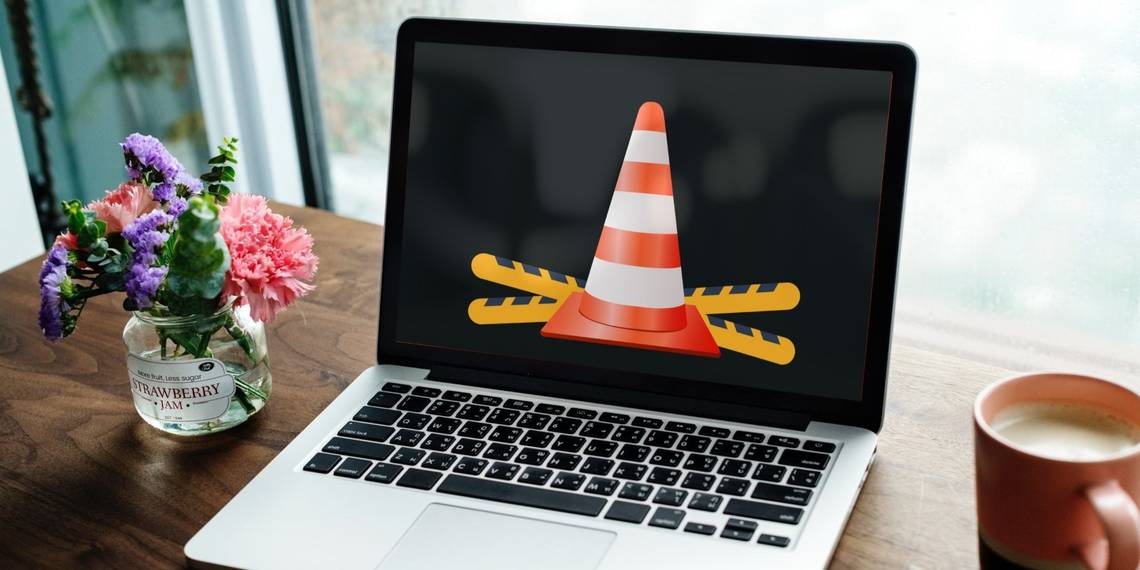As avid media consumers, we understand how frustrating it can be to experience video lag or buffering while streaming our favorite shows or movies. The VLC Media Player is a popular open-source media player that supports a wide variety of audio and video file formats. It's a great choice for users who want a simple yet powerful media player with advanced features. However, like any software, the VLC Media Player can sometimes experience issues that result in video lag and buffering.
In this comprehensive guide, we'll show you how to troubleshoot video lag and buffering issues in the VLC Media Player, so you can enjoy smooth and uninterrupted streaming.
1. Check Your Internet Connection
One of the most common causes of video lag and buffering is a poor internet connection. If your internet connection is slow or unstable, you're likely to experience video lag or buffering. To check your internet connection, try visiting a website or streaming a video on a different device. If you're experiencing similar issues, it's likely that your internet connection is the culprit.
2. Close Other Applications
If you're running multiple applications or programs while using the VLC Media Player, it can cause video lag and buffering. To resolve this issue, close all other applications or programs before playing a video in the VLC Media Player. This will free up system resources and improve the performance of the media player.
3. Update Your VLC Media Player
Outdated software can often cause issues with performance, including video lag and buffering. If you're experiencing these issues in the VLC Media Player, it's a good idea to check for any available updates. To check for updates, open the VLC Media Player and navigate to the Help menu. Click on "Check for Updates" to see if any updates are available. If there are updates, follow the on-screen instructions to install them.
4. Adjust Video Output Settings
The VLC Media Player offers various video output settings that can affect performance. If you're experiencing video lag or buffering, try adjusting the video output settings to see if it improves the performance. To adjust the video output settings, open the VLC Media Player and navigate to the Tools menu. Click on "Preferences" and then click on "Video". From here, you can adjust the video output settings, including the output module, display device, and aspect ratio.
5. Clear the Cache
Over time, the cache in the VLC Media Player can become overloaded, which can cause performance issues. To resolve this issue, try clearing the cache in the VLC Media Player. To clear the cache, open the VLC Media Player and navigate to the Tools menu. Click on "Preferences" and then click on "Input/Codecs". Under "Advanced", click on "Clear" next to "Input/Codecs Caches".
6. Disable Hardware Acceleration
Hardware acceleration is a feature that can improve the performance of the VLC Media Player on some systems. However, on some systems, it can cause issues with video lag and buffering. If you're experiencing these issues, try disabling hardware acceleration in the VLC Media Player. To disable hardware acceleration, open the VLC Media Player and navigate to the Tools menu. Click on "Preferences" and then click on "Input/Codecs". Under "Codecs", uncheck the box next to "Hardware-accelerated decoding".
Conclusion
In conclusion, video lag and buffering issues in the VLC Media Player can be frustrating, but they can often be resolved with a few simple troubleshooting steps. By checking your internet connection, closing other applications, updating your VLC Media Player, adjusting video output settings, clearing the cache, and disabling hardware acceleration, you can enjoy smooth and uninterrupted streaming. If you're still experiencing issues after trying these troubleshooting steps, it's recommended to seek further assistance from the VLC Media Player.



Post a Comment
0Comments